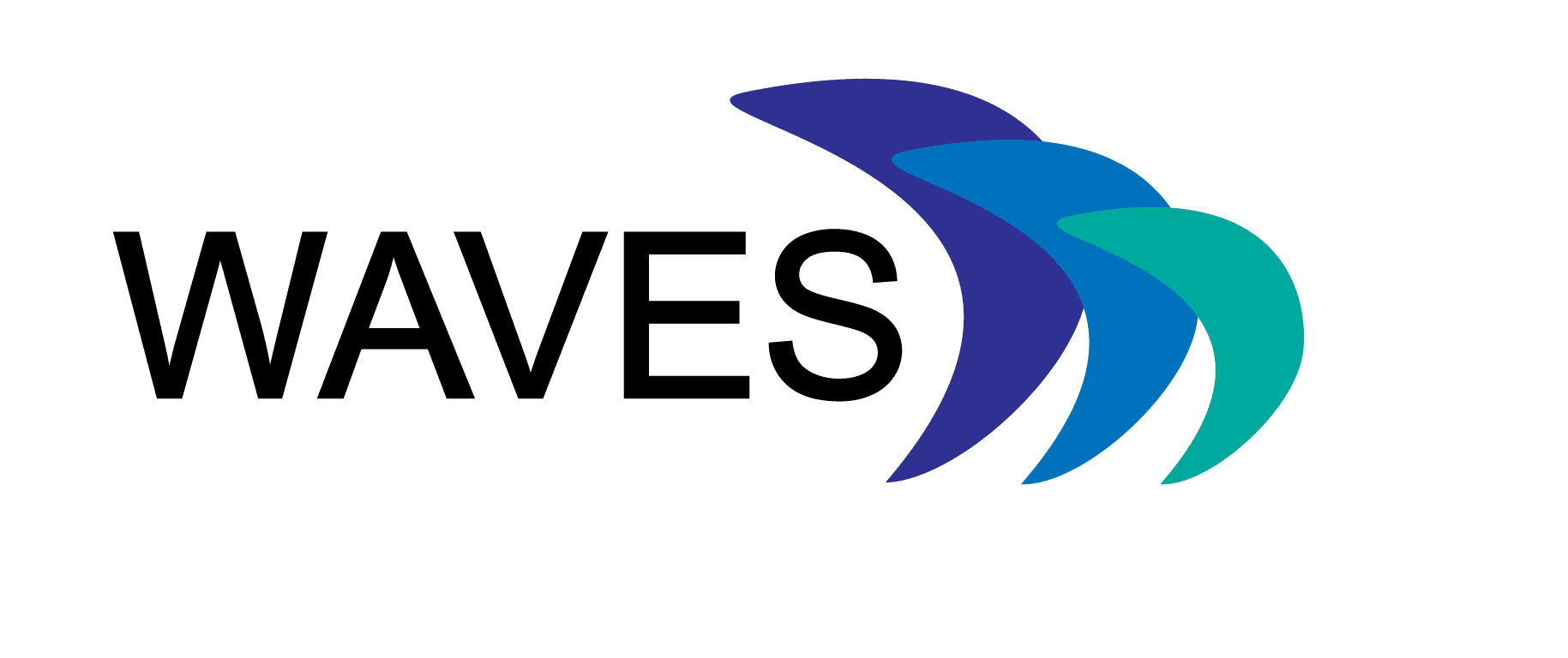During this year’s Annual MedBiquitous Conference the WAVES team presented a number of presentation during the two days. The conference is a perfect place to network with colleagues from around the world to share and discuss how digital technologies can promote continuous improvements in health professions education.
The conference is an important network for the WAVES project as the LTI, xAPI and VP standards are discussed here in working groups and have engaged with WAVES Technical Reference group to achieve the technical integrations.
Sheetal Kavia and Luke Woodham from St George’s, University of London both presented speedy standard story presentations during the conference. Sheetal’s presentation concentrated on the first run of the WAVES MOOC delivered on FutureLearn and the benefits and challenges faced in implementing Virtual Scenario Authoring within the MOOC. Luke presented on how the WAVES project has implemented enhancements to virtual scenario authoring systems (CASUS and OL the two exemplar systems being used in the WAVES project). The project has focused on 5 key tasks to enhance the user experience when using virtual scenario systems.
Martin Adler from Instruct AG carried out an innovation demonstration during the conference on the implemented innovative features in the CASUS virtual scenario authoring system. This included the demonstration of the work carried out in WAVES to integrate CASUS into learning environments including xAPI implementations and LTI interface improvements. David Topps the associate partner of WAVES also gave an innovation demonstration on the updates and enhancements of Openlabyrinth (OL4).
Finally Terry Poulton from St George’s University of London presented on the historical journey from the early days of MedBiquitious and a previously funded project called eViP to the WAVES Network. The presentation covered the last 12 years journey of how Virtual Patients in particular have evolved from USA, North West Europe to being implemented and used across the Caucasus, Eurasia and South East Asia through a number of different funded projects which have come together to form the WAVES network.
The conference has led to a number of new connections with institutions and individuals interested in working and using some of WAVES concepts. The conference also gave the team an opportunity to meet in person some of the MOOC learners who were very interested in the course before the conference.
28. 6. 2018

















